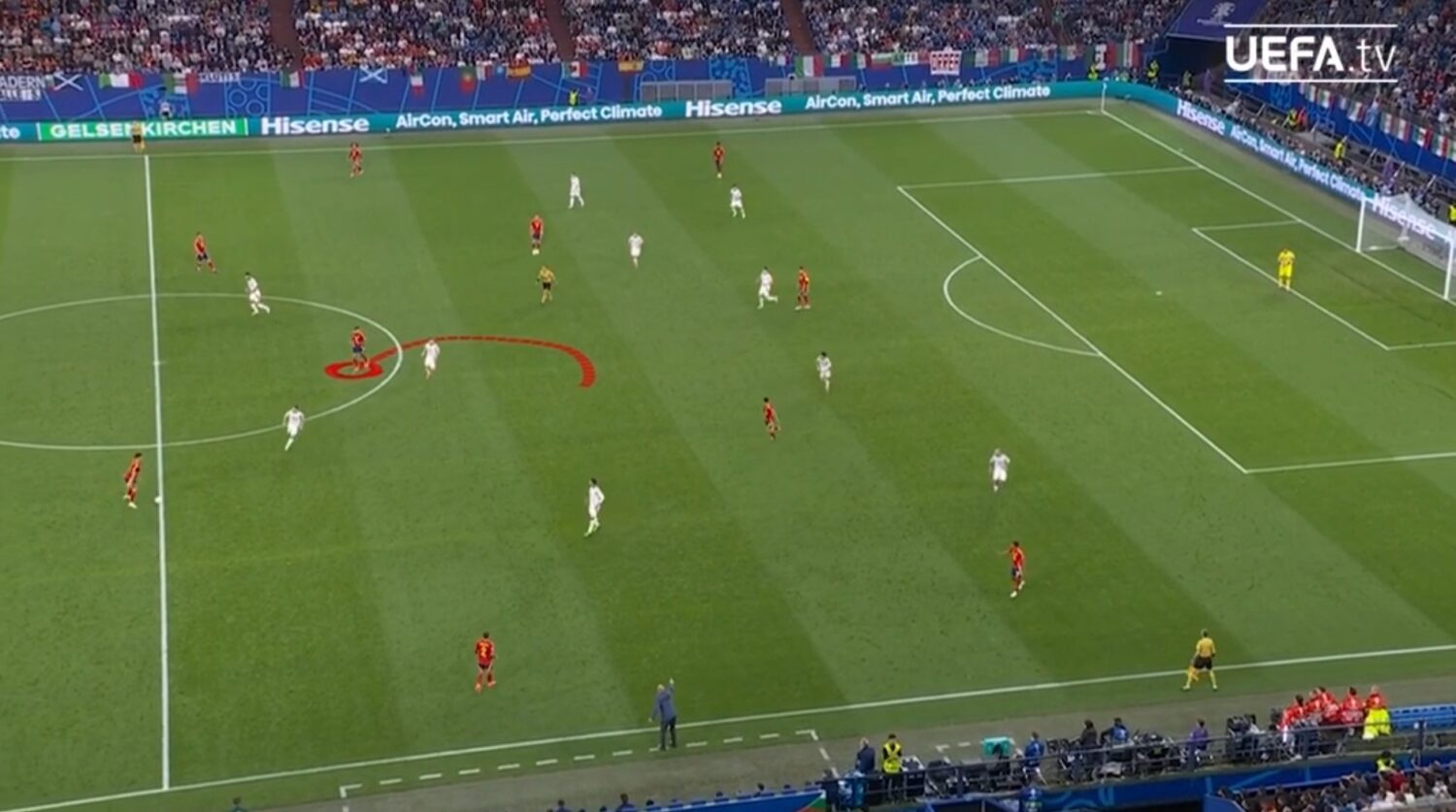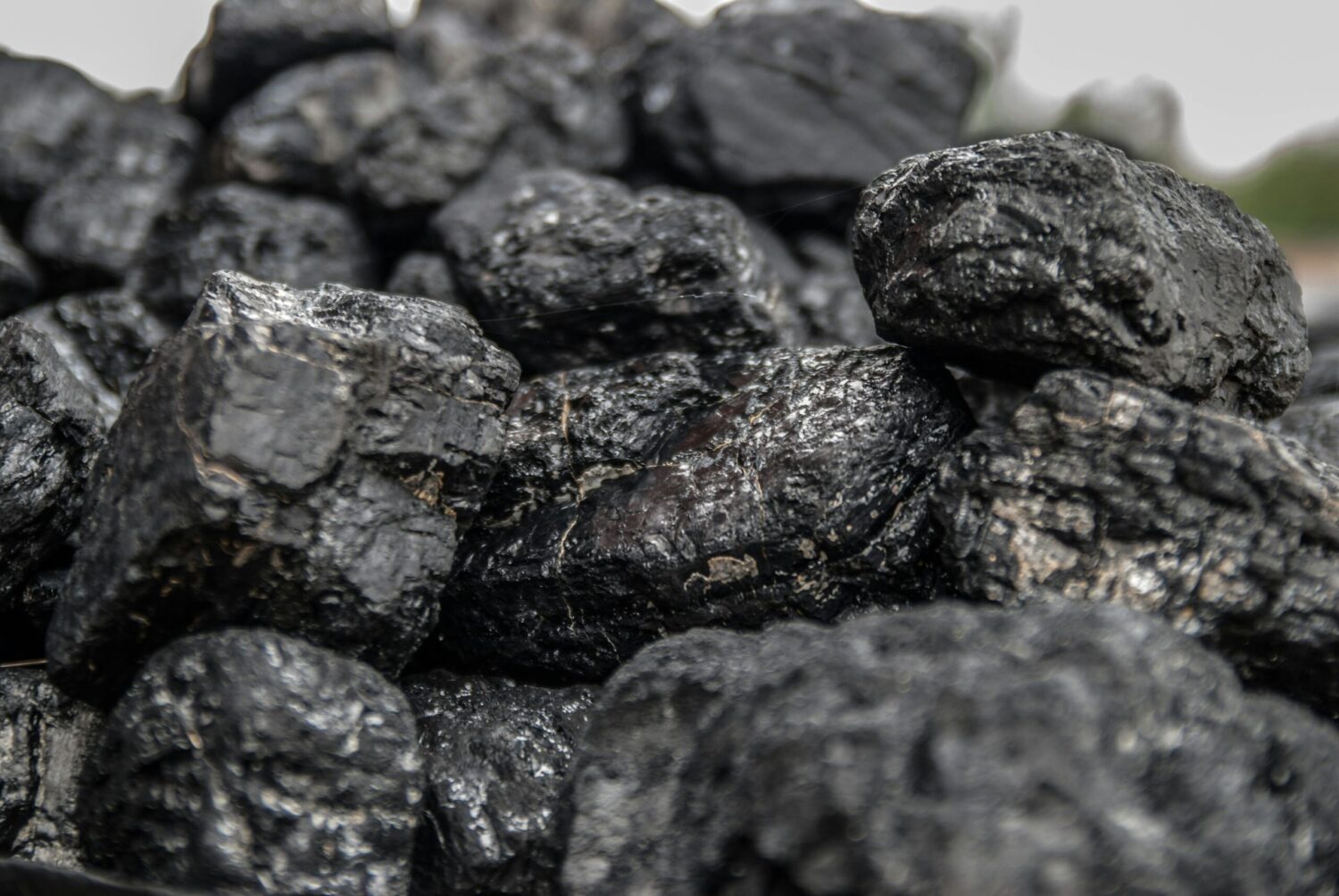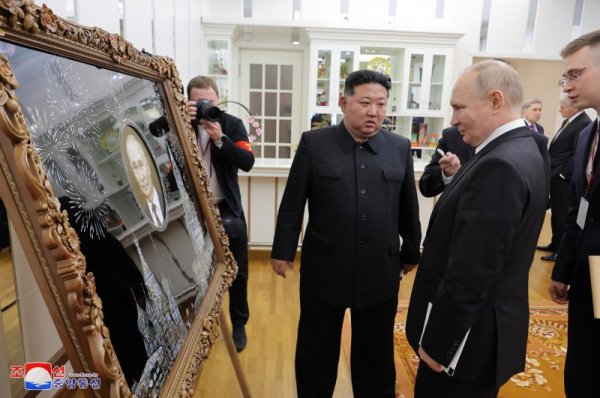Russian armed forces launched an eighth “massive” attack on energy infrastructures in western and southern Ukraine on Friday night, according to the Ukrainian Energy Ministry.
On Friday night, the Russian armed forces launched a massive attack on Ukrenergo facilities in the regions of Zaporijjia (south) and Lviv (west), damaging them”, said the Ukrainian Energy Ministry, adding that two employees had been injured and hospitalised in Zaporijjia. According to the ministry, this was the eighth “massive” attack on Ukrainian power stations in the last three months, forcing the imposition of frequent power cuts.
The Ukrainian authorities said on Thursday that energy infrastructures, including a power station, had been damaged by a major Russian attack at night, which left seven of their employees injured.
Kiev appeals to the West for help in rebuilding its network
Russia’s increasing attacks have destroyed half of Ukraine‘s energy capacity, according to Ukrainian President Volodymyr Zelensky. On Thursday, he called for solar panels and energy storage units to be installed “in every school and every hospital, as soon as possible”.
Maxime Timtchenko, managing director of the operator DTEK, warned that Ukraine risked “facing a serious crisis this winter” if its Western partners did not take action. Kiev is urging its Western partners to help it rebuild its electricity network, a project that requires major investment, and to provide it with more air defence equipment to counter Russian bombardments.
Against this backdrop, Washington has “taken the difficult but necessary decision” to give Ukraine priority over other allies in the supply of missiles used for air defence.
Ukrainian forces hit four Russian oil refineries with drones on the night of June 20 to 21
Ukrainian long-range attack drones hit four Russian oil refineries as well as radar stations and other military targets in Russia in an offensive early on Friday, the Ukrainian military said. “Drones attacked oil refineries in Afipsky, Ilsky, Krasnodar and Astrakhan,” the army said in a statement posted on the messaging application Telegram. It had previously announced that it had shot down 70 drones over the Black Sea and the Crimean peninsula, 43 drones over the Russian region of Krasnodar and another aircraft over the Russian region of Volgograd on Friday. According to a Kiev intelligence source, the Afipsky, Ilsky and Krasnodar oil refineries produce fuel for Russia’s Black Sea fleet. The offensive targeting them was carried out jointly with the Ukrainian security service SBU, this source added to Reuters.
“Damage to these refineries will considerably complicate the logistics of supplying fuel oil, making it more expensive and more time-consuming, since it will have to be delivered by other refineries”, said the source. The Ukrainian army also claims to have targeted radar stations and electronic intelligence centres in the Bryansk region and in occupied Crimea. The statement did not specify the exact nature of these sites. Drone storage and launch sites, as well as command and control centres in Russia’s Krasnodar region, were also hit, the statement said, adding that explosions and fires were confirmed at these facilities.
The source said that the drone attack had targeted a training centre in the town of Ieïsk, in the Krasnodar region, used by Russia to launch drone attacks against Ukraine. The Ukrainian army also claimed responsibility for Thursday’s drone attacks on fuel depots in the Russian regions of Tambov and Adygea.
Russia announced that it had neutralised 114 Ukrainian drones overnight, targeting the Krasnodar region in the south of the country, where one person was killed, according to the local authorities. Russian air defence systems intercepted and destroyed 70 drones over annexed Crimea, 43 drones over the Krasnodar region and one drone over the Volgograd region, according to a statement from the Russian Ministry of Defence.
Russian President continues to invoke nuclear threats to discourage further support for Ukraine
Vladimir Putin continues to invoke nuclear threats as part of his ongoing information campaign to discourage further Western support for Ukraine and undermine the international community’s efforts to cohere its strategic vision for defeating Russia’s war of conquest against Ukraine.














